Webinar 1: Setting the scene: definitions, impact and role of social dialogue
The webinar is the first of a series of events as part of our joint project with EPSU, CEMR, CESI, ETUCE, EUPAE, ETF, UITP, and ETNO on the role of social partners in preventing third-party violence and harassment at work will take place on Tuesday 15 June 2021 – 14:00-16:30 CET.
The project examines and discusses the prevalence, causes and impact of third-party violence and harassment at work in the partners’ respective sectors as well as recent legislative and social partners’ responses to this major health and safety matter of common concern.
It will aim to assess the application at the national level of 2010 Multi-sectoral Guidelines to tackle third-party violence and harassment related to work and whether further actions might be needed to make its implementation more effective.
The project focus is on the following sectors: hospitals, prison services, employment services, front line workers in local and regional government, secondary schools, urban public transport as well as telecoms.
Interpretation was provided to and from English, French, Italian and Spanish.
Presentations:
Project overview by Jane Pillinger, Project consultant
Evidence on violence and harassment at work from the European Working Conditions Survey, by Agnes Parent Thirion with Julie Vanderleyden, Eurofound
Draft agenda (as of 07 May 2021)
*** Back to the Joint Project Page ***
This project has received financial support from the European Union

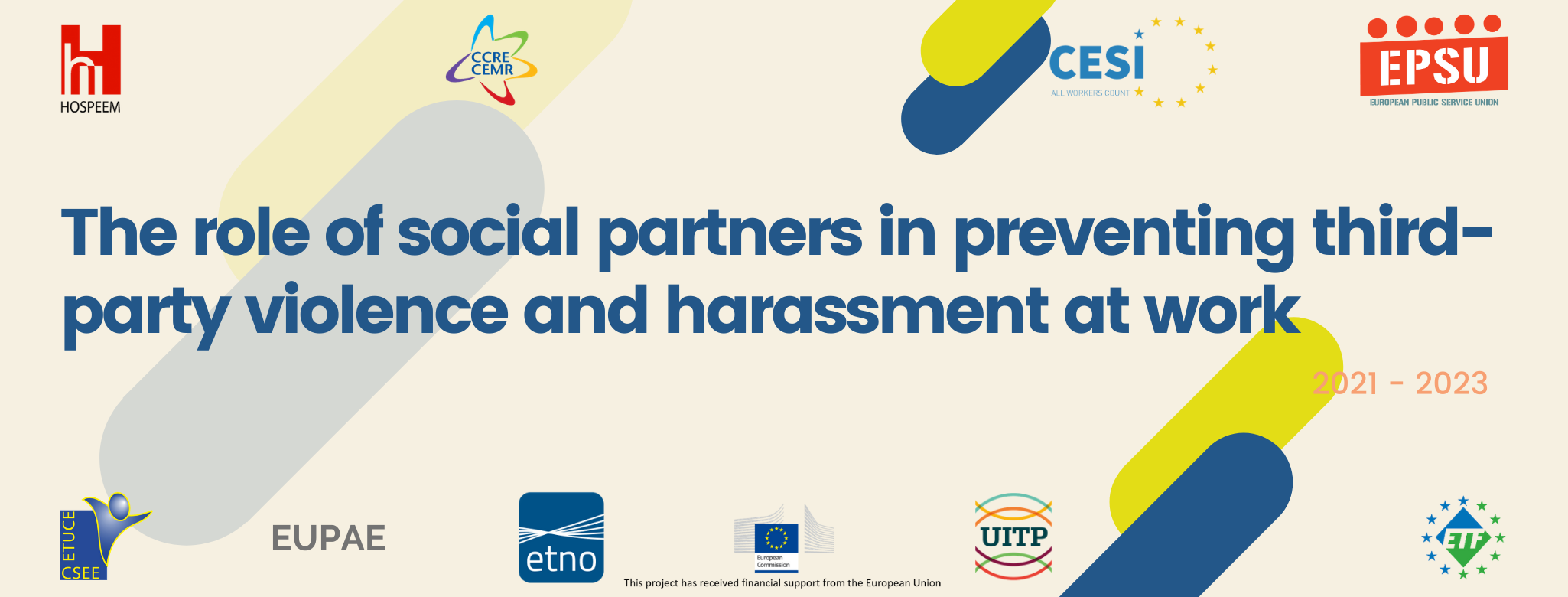
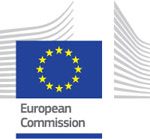
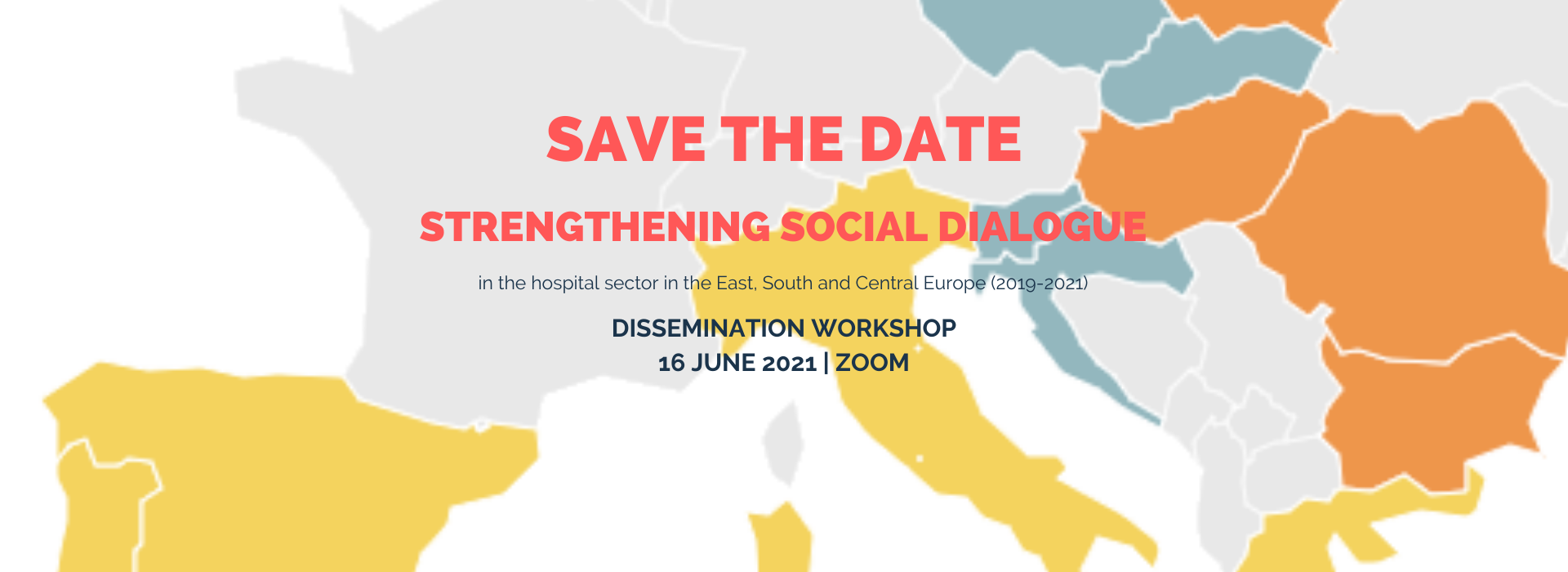
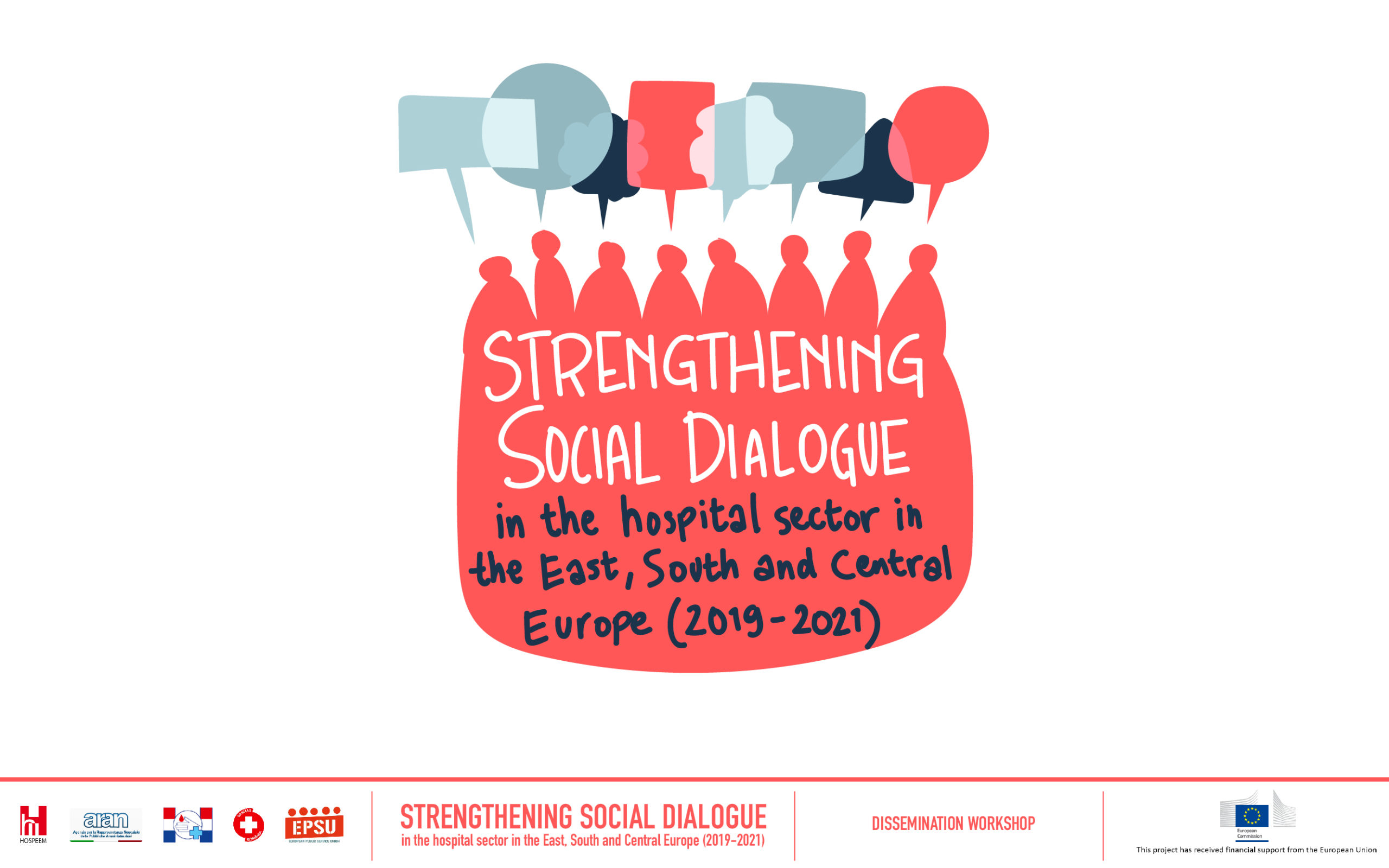 The Dissemination Workshop of the
The Dissemination Workshop of the 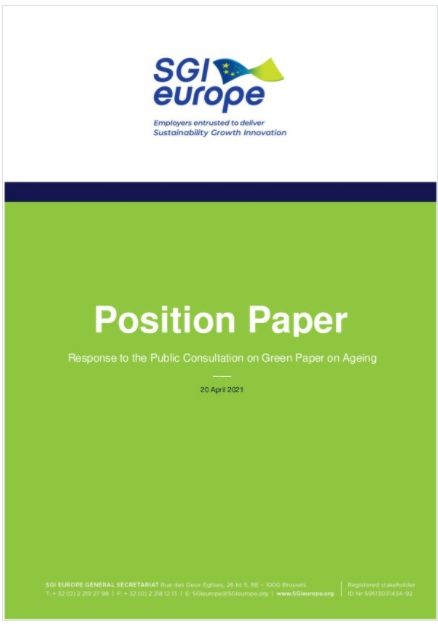
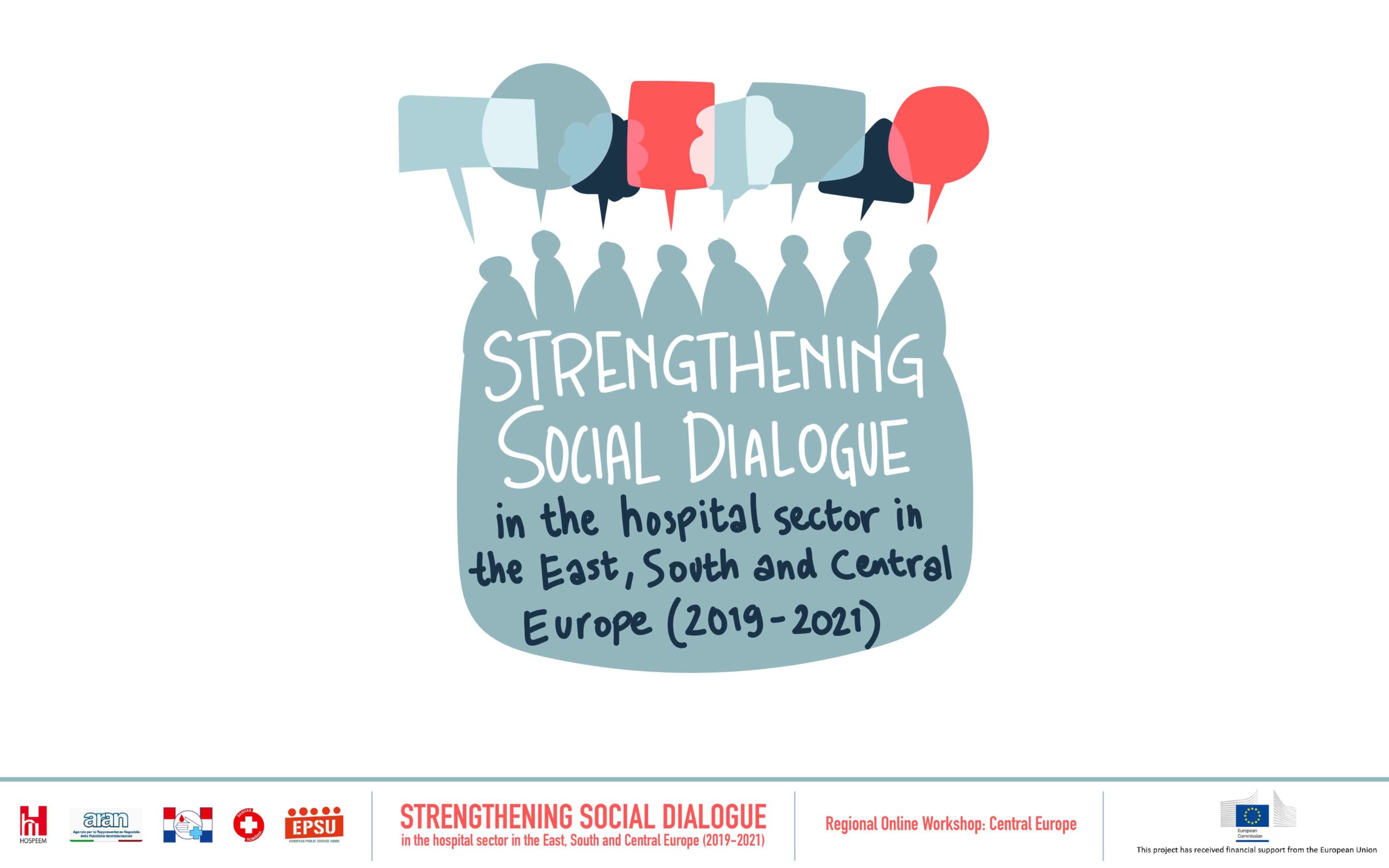
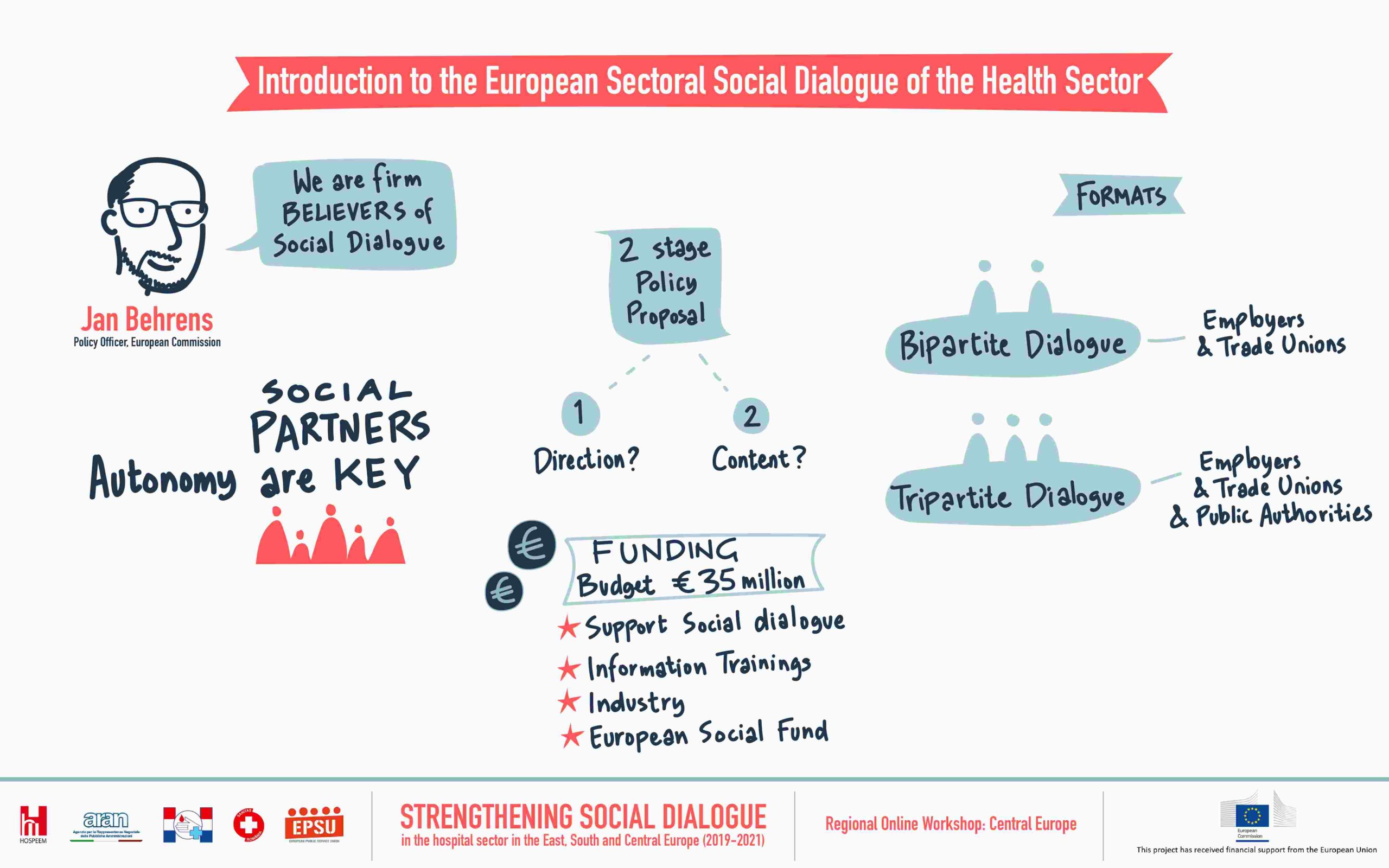
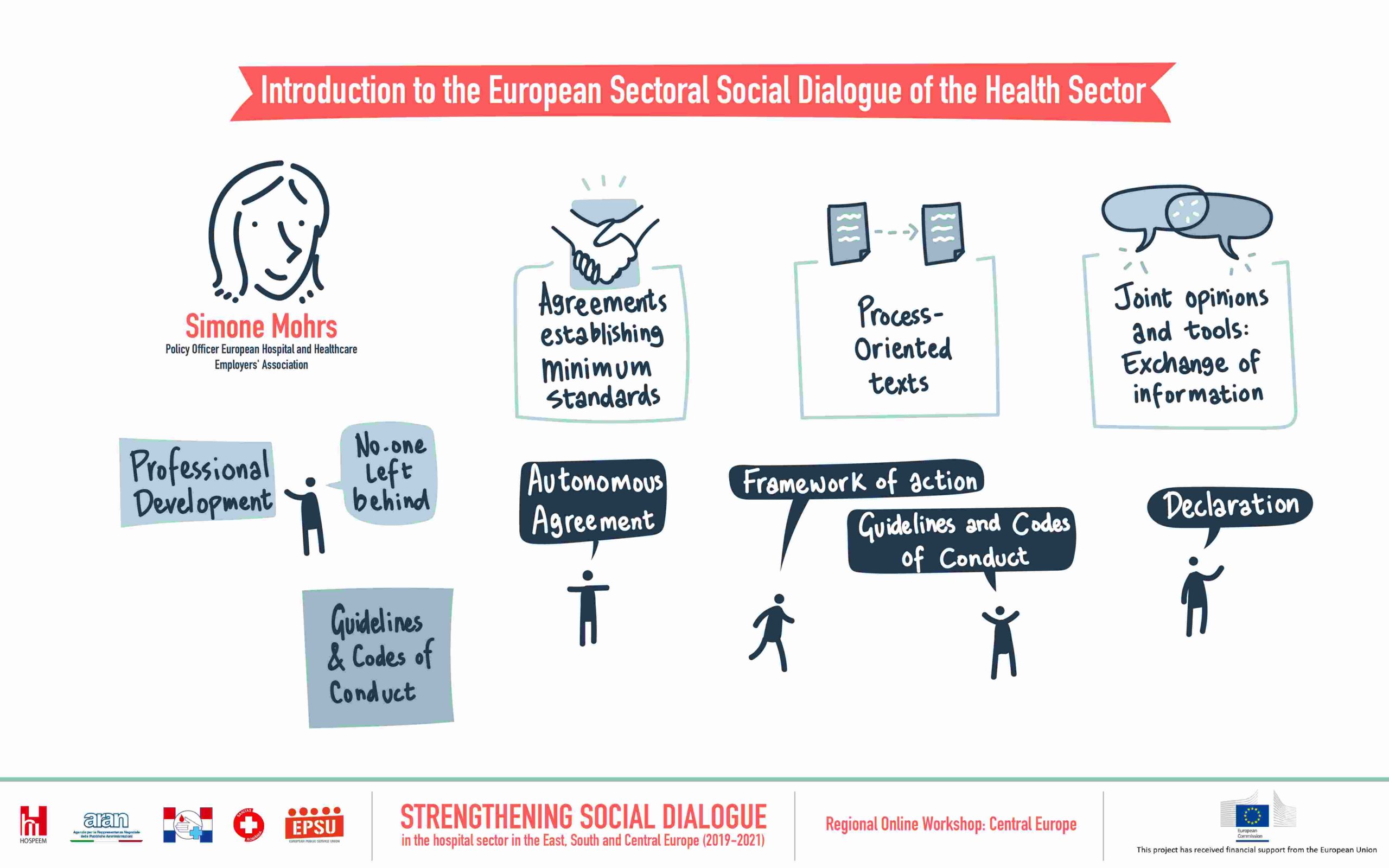
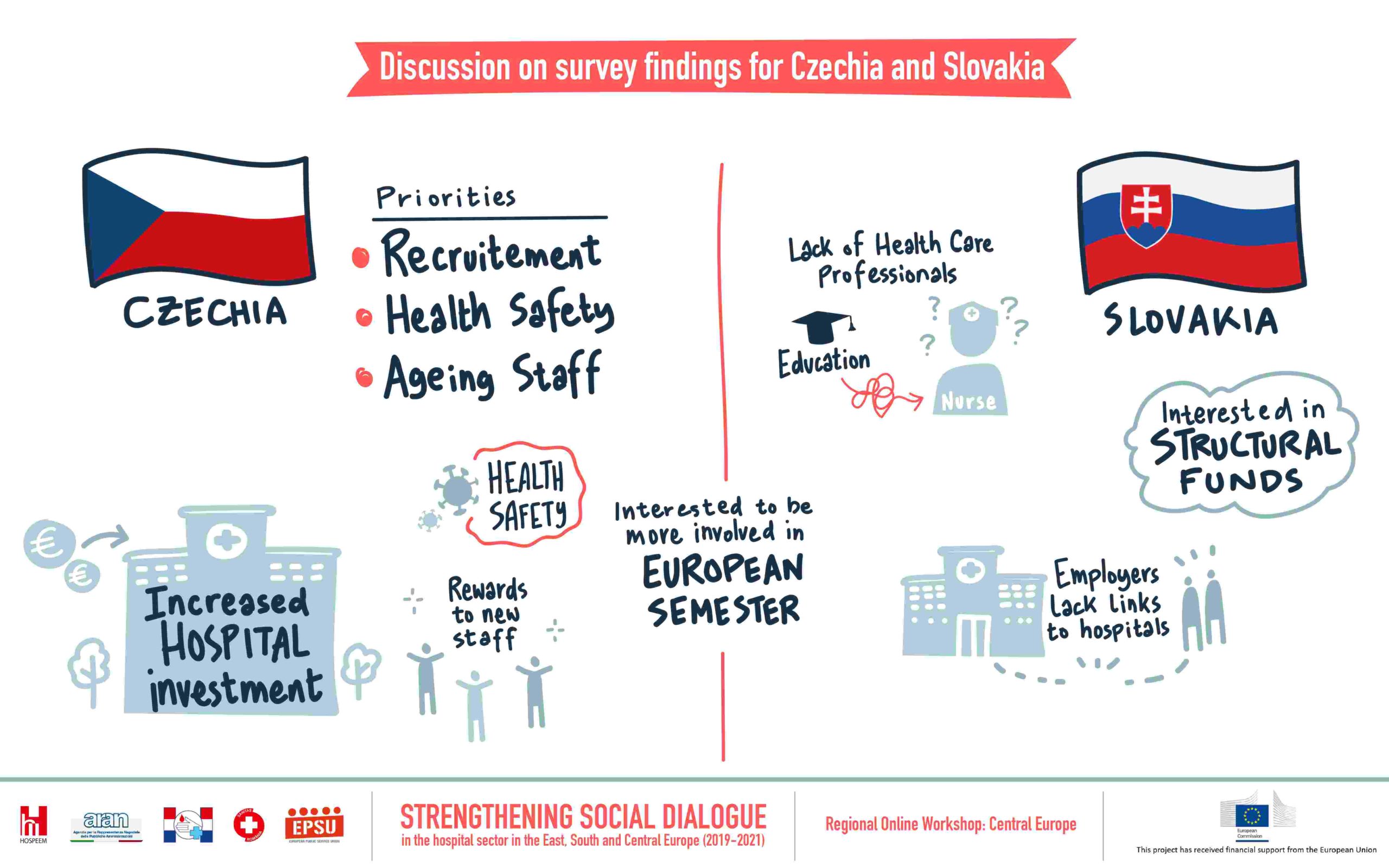
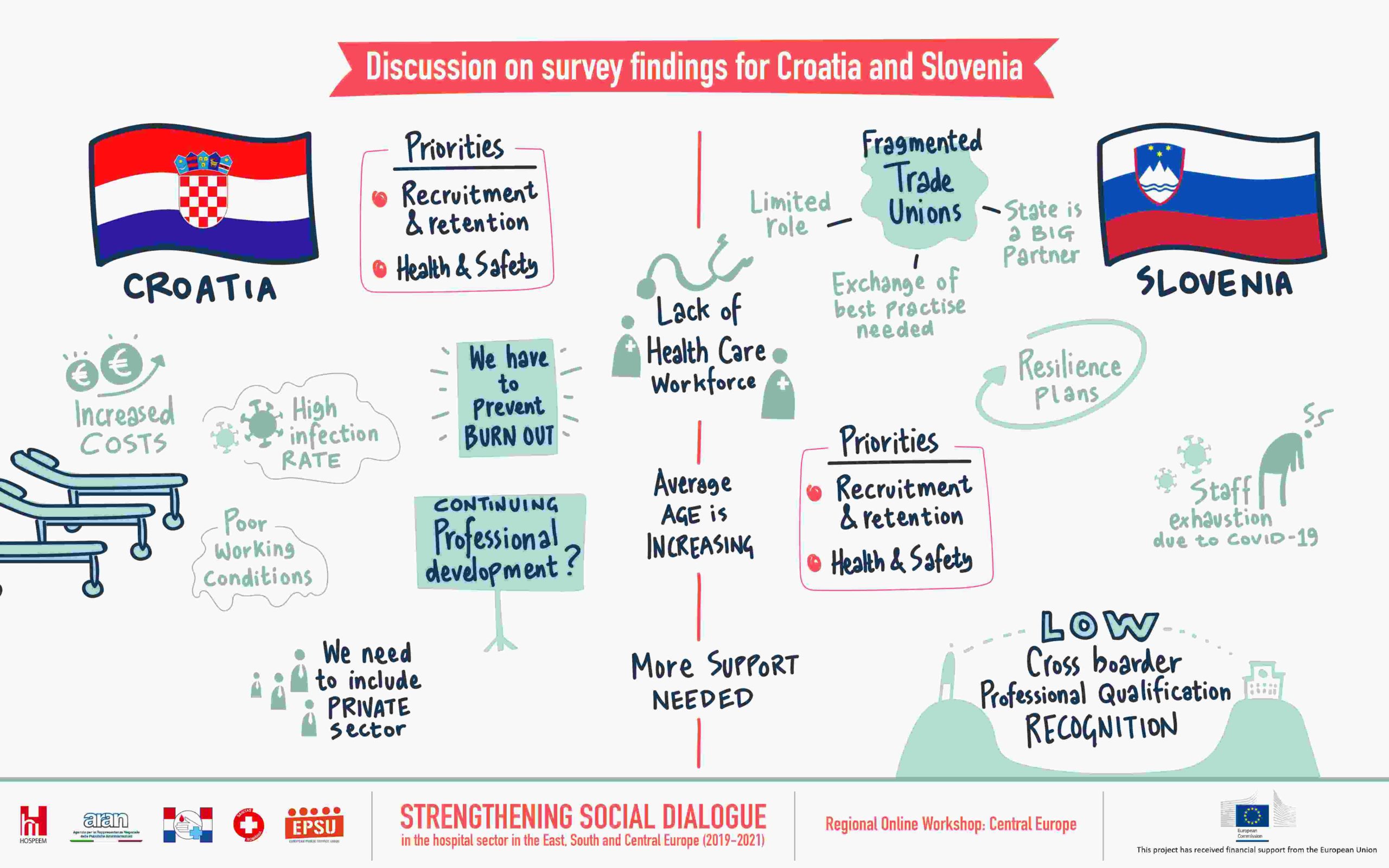


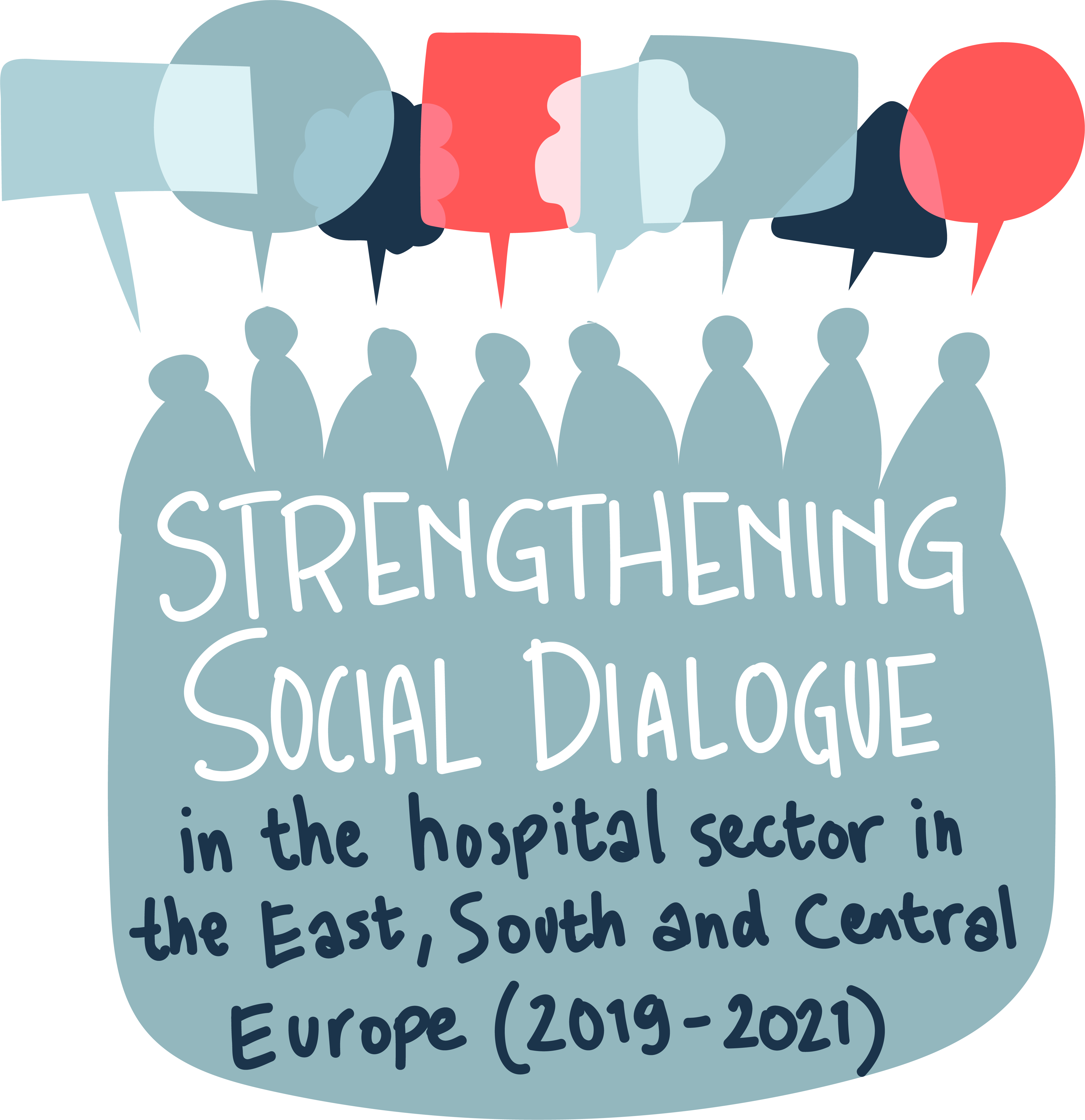 The third Regional Workshop of the
The third Regional Workshop of the 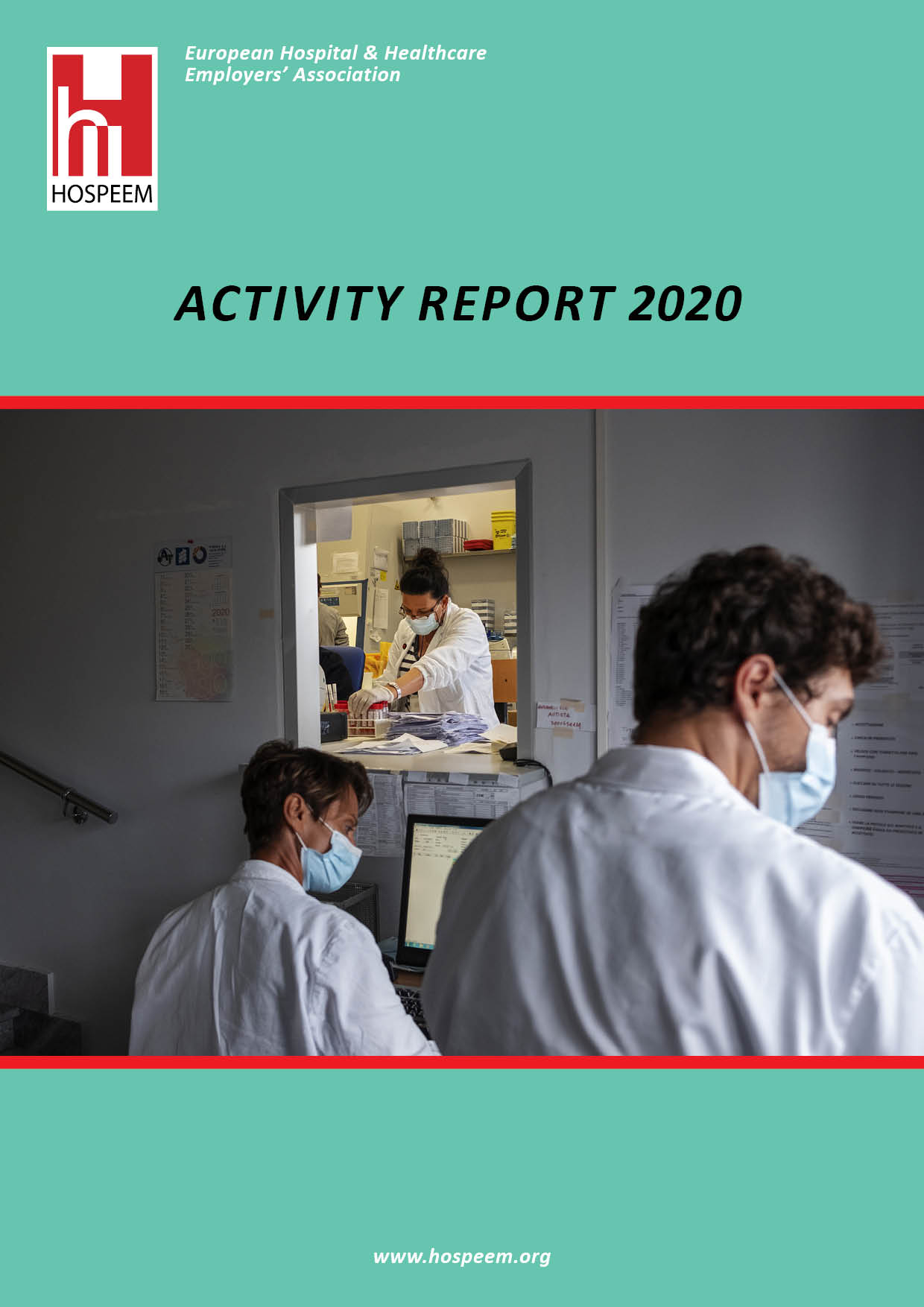
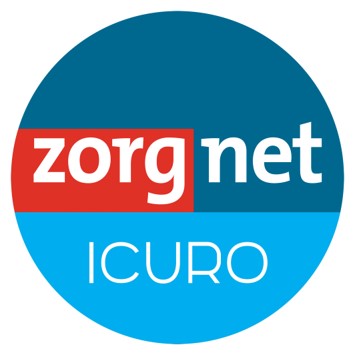 In March 2021, HOSPEEM welcomed
In March 2021, HOSPEEM welcomed
Recent Comments